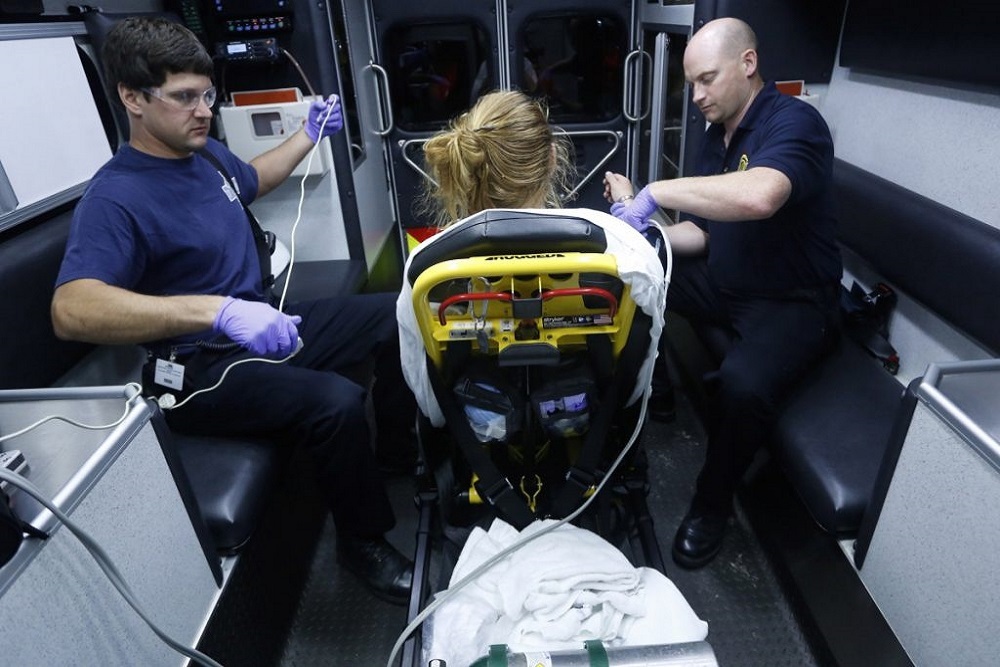
Massachusetts General Hospital issued the following announcement on May 14.
Have you ever heard an idea so good and obvious that you can’t believe it hadn’t been thought of before?
That’s the case with a program at Mid Coast Hospital in Brunswick that grabs people with substance abuse disorder when they are most likely to be ready for help, and gets them treatment before their addiction chases that readiness away.
The program – the first of its kind in Maine – changed how the hospital deals with people who show up at the emergency department because of their drug use, most often following an overdose. Instead of only stabilizing them and sending them home, perhaps with a list of treatment providers, the hospital now finds the patients most ready for addiction treatment and schedules an appointment for as soon as possible, usually the next business day. And to make sure the patients make it that far, they are given a short-term supply of Suboxone to quell their drug cravings.
The assessment identifies the patients most highly motivated for treatment, while the Suboxone gets them through the first trying days of withdrawal and into a treatment program that provides long-term support. Mid Coast officials have found that 80 percent of the patients referred to treatment are still there after 30 days.
That’s similar to what was found at Yale-New Haven Hospital in Connecticut, where the program was conceived and launched in 2015. There, more than 75 percent of patients who were given Suboxone, counseling and treatment stuck with the program after 30 days. Without Suboxone, that number fell to 37 percent.
A few hospitals – including Massachusetts General in Boston – have picked up on it, but the spread has been slow, especially considering it’s such an effective program at a time of a raging opioid epidemic.
Some hospitals are worried that such a program would attract a deluge of patients, though that hasn’t happened.
In other cases, though, the hesitancy is the result of a medical system not structured to deal with addiction, which was more commonly treated at outside clinics. Too few doctors are able to prescribe Suboxone, even though it is among the most successful forms of treatment. Doctors receive little training on addiction, and a lot of them still believe that medication-assisted treatment such as Suboxone or methadone is just “replacing one drug with another.” It’s a common fallacy among policymakers, too, and it has severely stymied our response to the drug problem.
Original source can be found here.